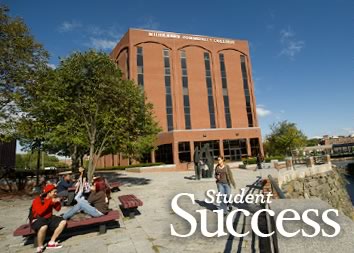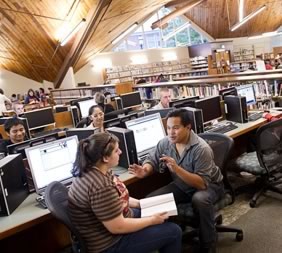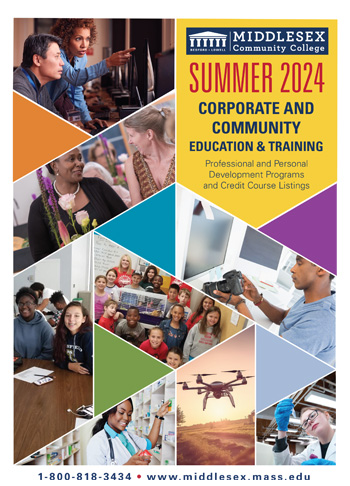




Criminal and Social Justice
A Great Place to Begin Your Future
Criminal and Social Justice Program
The next CJ Student Conference will be on March 31 and April 1 on the Bedford campus.
Rgister today for this fantastic career exploration opportunity.
Free Lunch and access to public service agencies and industry experts!
The Criminal and Social Justice Program strives to prepare students for employment is various agencies within the Criminal Justice system, included but not limited to careers within:
- Local, State and Federal Law Enforcement agencies
- Court System
- Corrections such as jails, prisons, probation, parole and more
The program offers students various opportunities throughout the academic year to network and engage with professionals currently working in the field. Below is a list of engagement opportunities that are offered to our students:
- Criminal Justice student conference: As seen in the video above, students can take
a 1-credit course and attend a conference on campus to network with professionals
in all areas of Criminal Justice
- Civil Service preparation course and informational session offered by Chiefs of Police
from across the State at the MCC campus
- Field trips to County Jails, Fusion Centers, Courthouses and more
- Internship opportunities
- Guest speakers
About the Program:
The curriculum emphasizes both an academic and practical approach to the three major areas of criminal justice: police, courts, and corrections, providing the student with basic knowledge of legal issues facing practitioners in these fields.
Emphasis is placed on oral and written communications skills, as well as interpersonal skill building and understanding of multicultural issues necessary for working with diverse populations.
The program's faculty bring many years of professional job-related experience to the classroom. Several courses offer the opportunity for students to engage in service-learning in the community.
- The entire program can be completed online.
- Students can take both general education and criminal justice courses at the Bedford or Lowell campus.
- Courses are offered in the Fall, Spring and Summer semesters.
- Additionally students have the option to take accelerated courses offered in minimesters to expedite completion of the program
- Students must maintain an overall grade average of 2.0 (C-) or better to be graduated from the program.
Standard Skills for Criminal and Social Justice
The program requires that students demonstrate sufficient emotional maturity, academic ability and analytical skills to attain positions of responsibility in the community.
Applicants are expected to understand and respect the diversity of people and possess a willingness to work with all segments of society.
A felony conviction may be an impediment to employment in certain criminal justice fields.
Students are encouraged to gain experience in community organizations by participating in Service-Learning opportunities offered in courses throughout the degree program. Service-Learning and internship opportunities are available for students.
Program Outcomes
Graduates of the Criminal Justice Program are prepared to:
- Describe the functions and interrelationships of the major components of the criminal justice system and apply this knowledge to problem solving contemporary challenges in the field.
- Identify and use valid research sources and technology to gather, interpret, and analyze data and present conclusions in both written and oral presentation formats.
- Articulate the role of due process, diversity, and equity in a social and ethical context and apply these values to the analysis of current issues in criminal and social justice.
- Exhibit knowledge of career options in criminal justice and demonstrate interpersonal skills facilitate professional development and lifelong learning.
- Demonstrate an understanding of the social, political, economic, and cultural factors that influence the development of criminological theory and its application to criminal behaviors.
In order for a student to be eligible to participate in an academic, community or
clinical program that involves potential unsupervised contact with children, the disabled,
or the elderly, the student may be required to undergo a Criminal Offender Record
Information (CORI) check and/or a Sex Offender Registry Information (SORI) check.
Contact an ADVISOR
Academic Counselors are available to assist all students with academic decision making.
